

Self-help is a term you’ll often see in discussions about mental health. But what does it actually mean, and how can it play a role in looking after your wellbeing?
Self-help simply refers to the things you can do on your own to improve or maintain your mental health. It doesn’t mean you have to manage everything by yourself or that you shouldn’t seek professional support. Instead, self-help is about the habits you can pick up and tools you can use to support your wellbeing alongside, or before, formal care.
Self-help can take many forms. For some people, it might mean practising relaxation techniques such as mindfulness or breathing exercises. For others, it could involve keeping a journal, reading evidence-based self-help books, or using digital tools like apps for mood tracking. Lifestyle changes such as regular exercise, eating well, and maintaining a good sleep routine are also forms of self-help that can have a big impact on mental health.
One important point to remember is that self-help is not a “quick fix.” It works best when it’s consistent and tailored to your needs. What works for one person may not work for another, so it can take time to find strategies that feel right for you.
So when should you rely on self-help, and when should you seek professional support? If you’re experiencing mild stress, low mood, or anxiety, self-help strategies can often be a good first step. They can also be useful for maintaining progress after a course of therapy. But if your symptoms are severe, persistent, or interfere with daily life, it’s important to reach out to a GP or mental health professional - self-help is most effective when used alongside the right support, not as a replacement for it.
Ultimately, self-help is about giving yourself tools to feel more in control of your wellbeing. Even small steps, like setting aside ten minutes a day for something that grounds you, can make a difference.
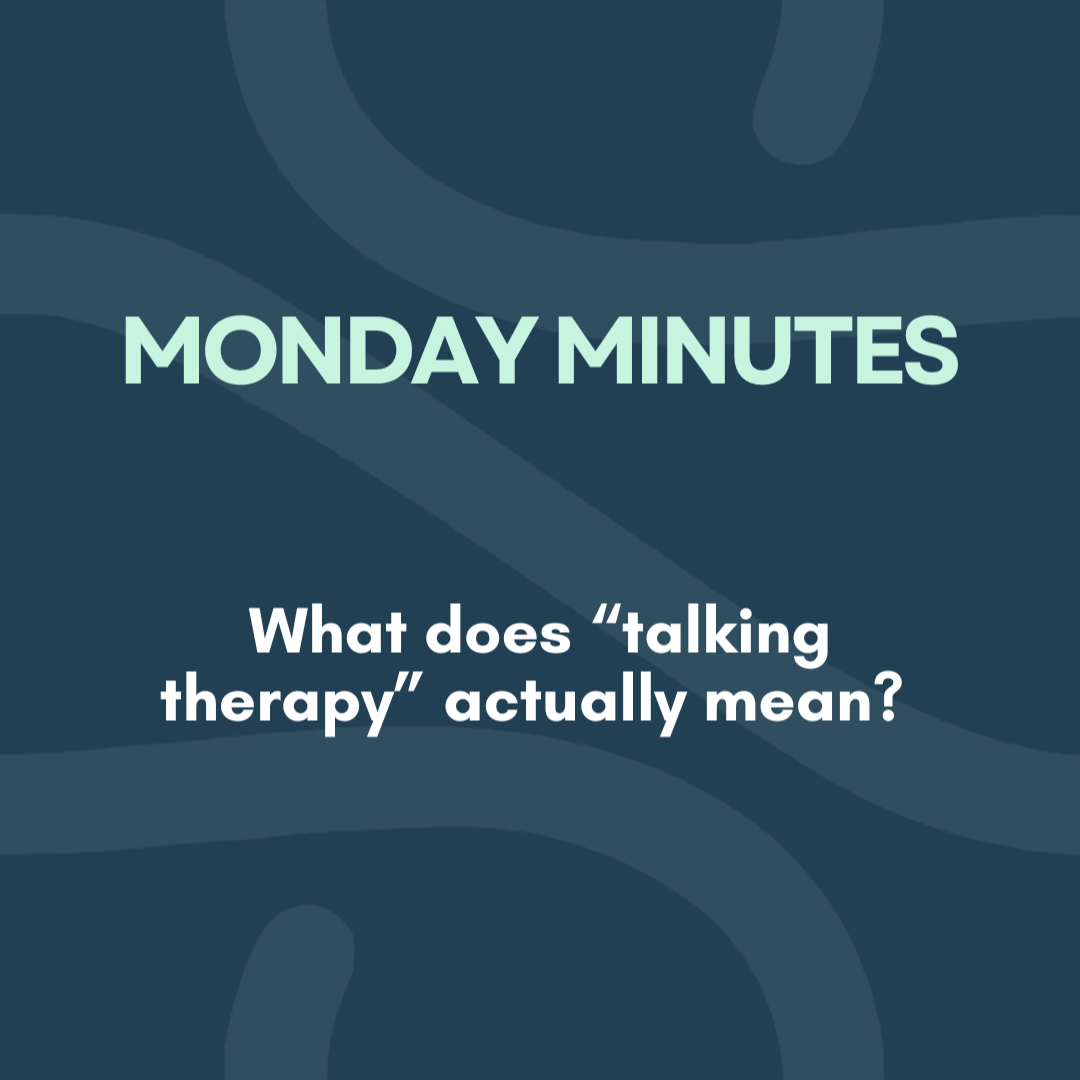
You’ll often hear the term “talking therapy” used when people discuss mental health support, but it isn’t always clear what it actually involves. I...
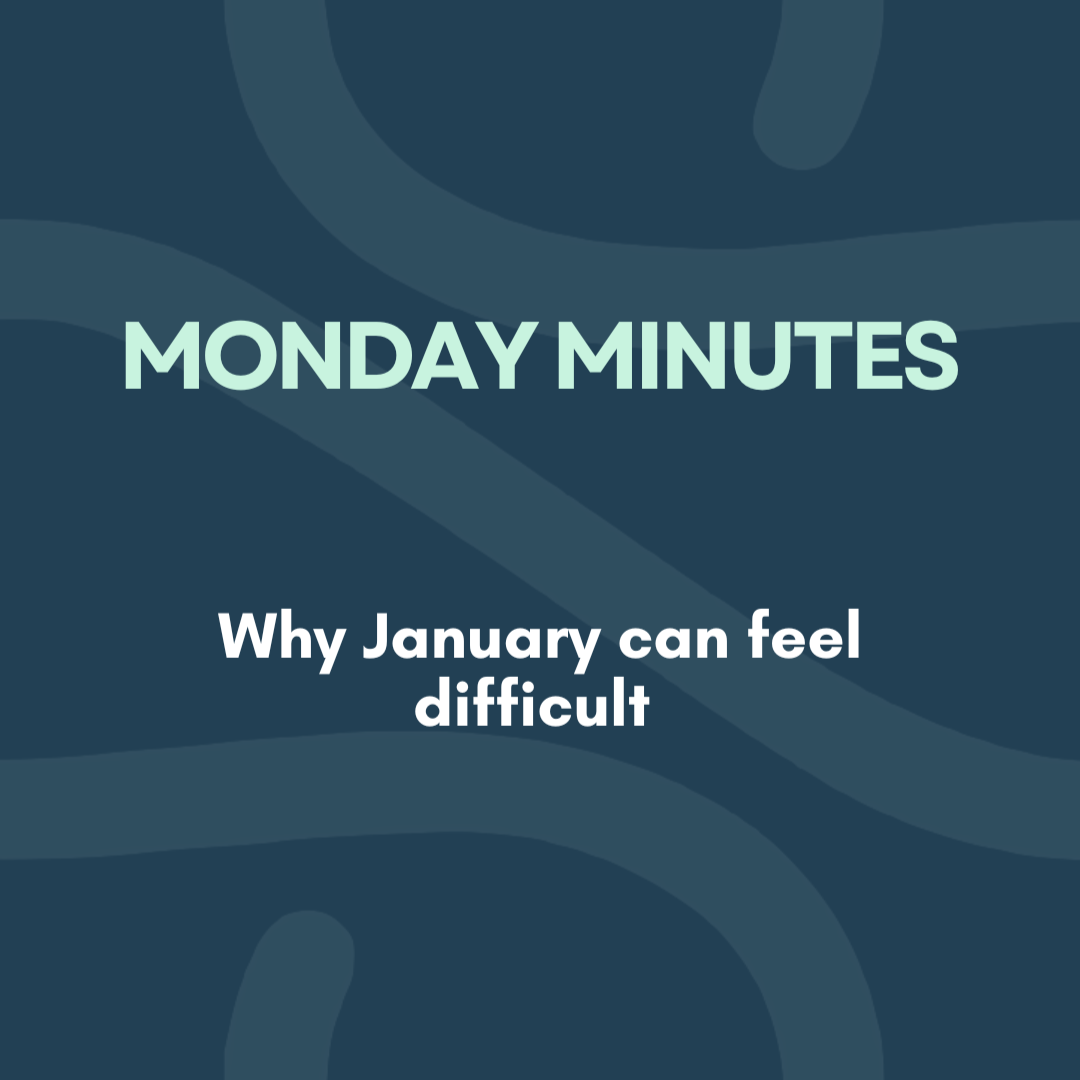
January is often framed as a fresh start. A time for new habits and positive changes. But for many people it can feel emotionally heavy. If you fin...
For many people, talking about feelings doesn’t come naturally. You might have grown up in an environment where emotions weren’t openly discussed,...
.png)
The idea of a mental health assessment can be intimidating, especially if you’re not sure what it involves or why it’s needed. In reality, these as...
Christmas is often portrayed as a joyful, social time filled with family gatherings and celebrations. Social media, adverts, and conversations can...
.png)
Reaching out to your GP about your mental health is an important step toward getting support. If you’re unsure what the appointment will involve, u...
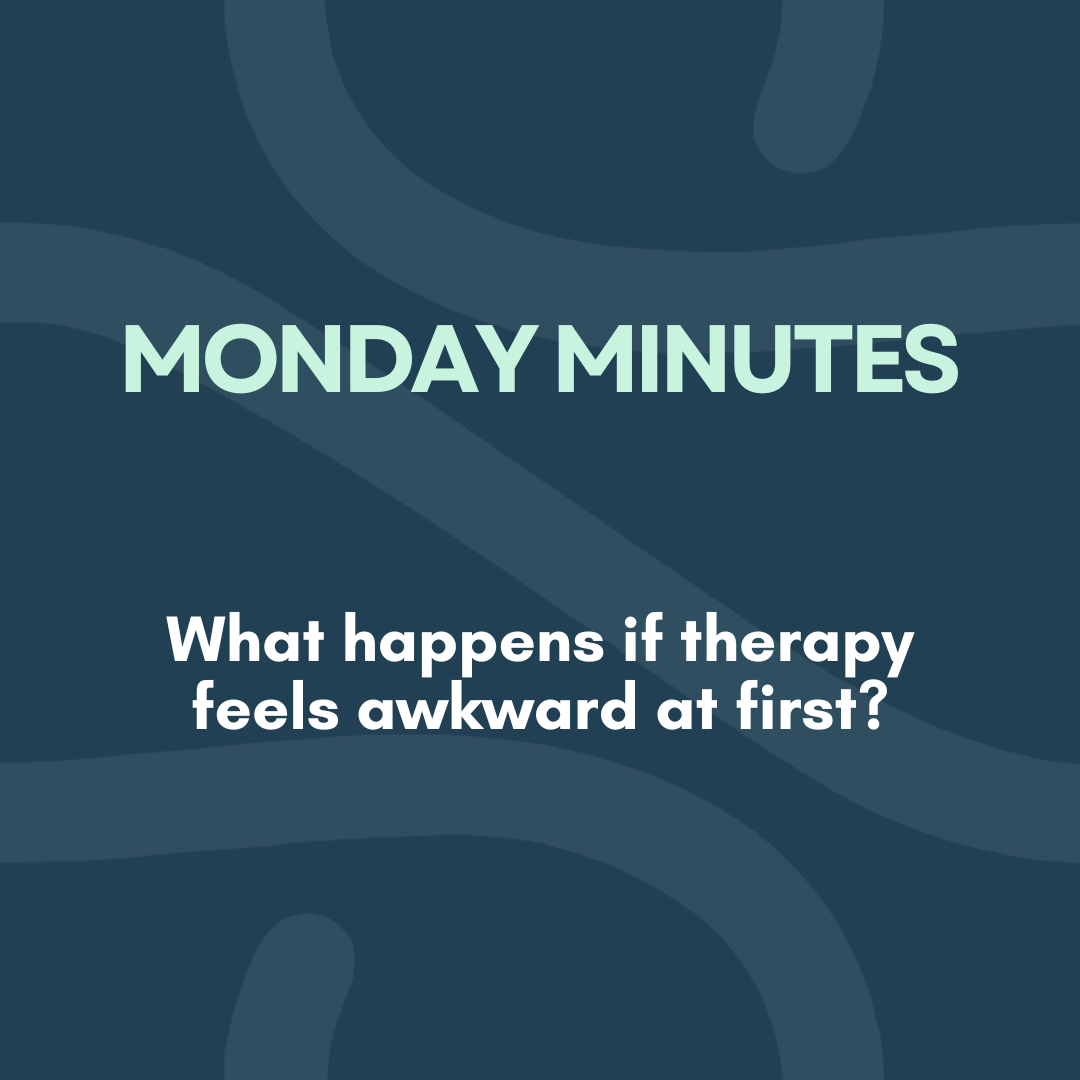
Many people expect therapy to feel natural straight away, like opening up to someone who instantly understands you. But the reality is that, for a...
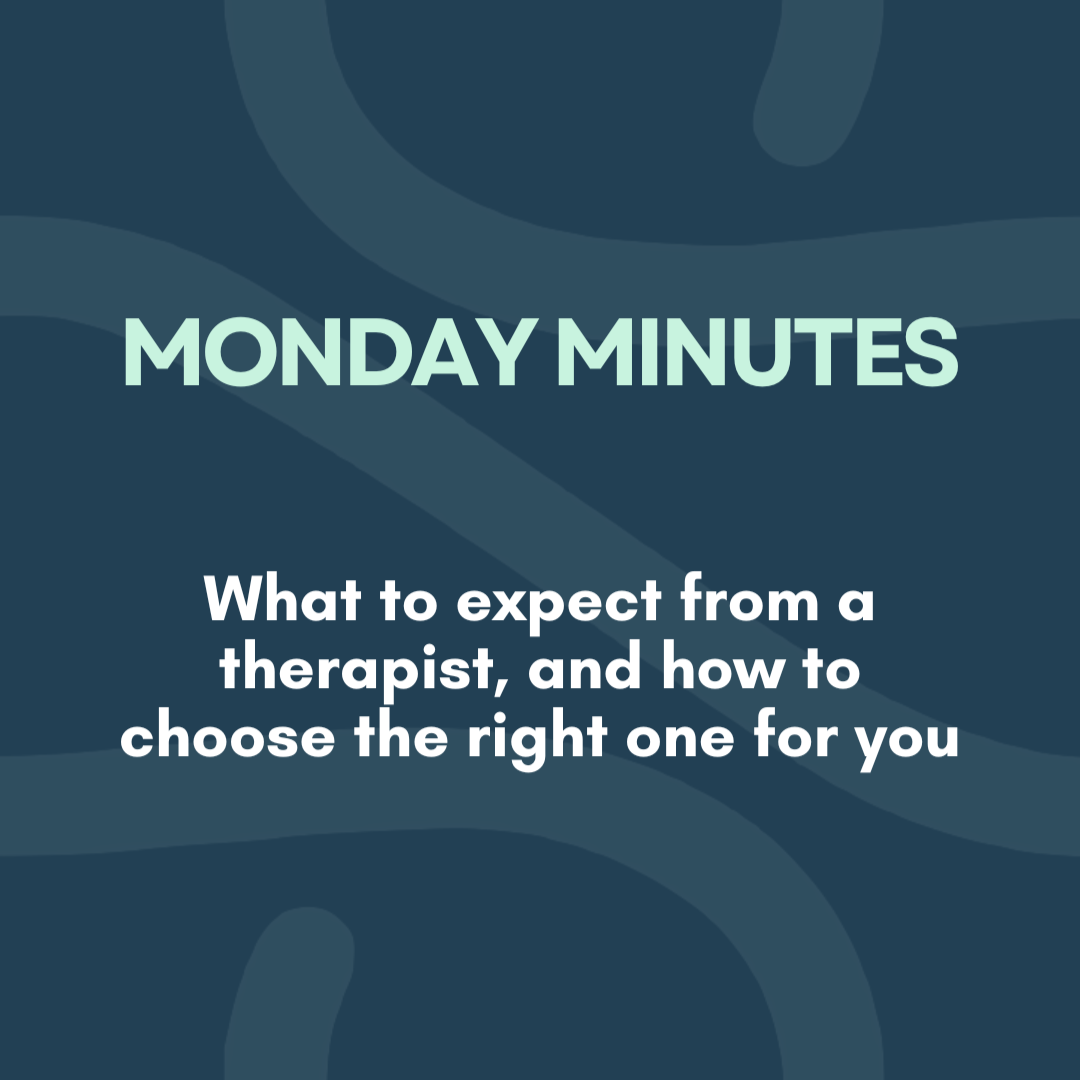
Starting therapy can feel daunting, especially if you’ve never spoken to a therapist before. You might be unsure what to expect, how the process wo...
Starting therapy can feel like a big step, and it’s completely normal to feel a mix of nerves, curiosity, and uncertainty before your first session...
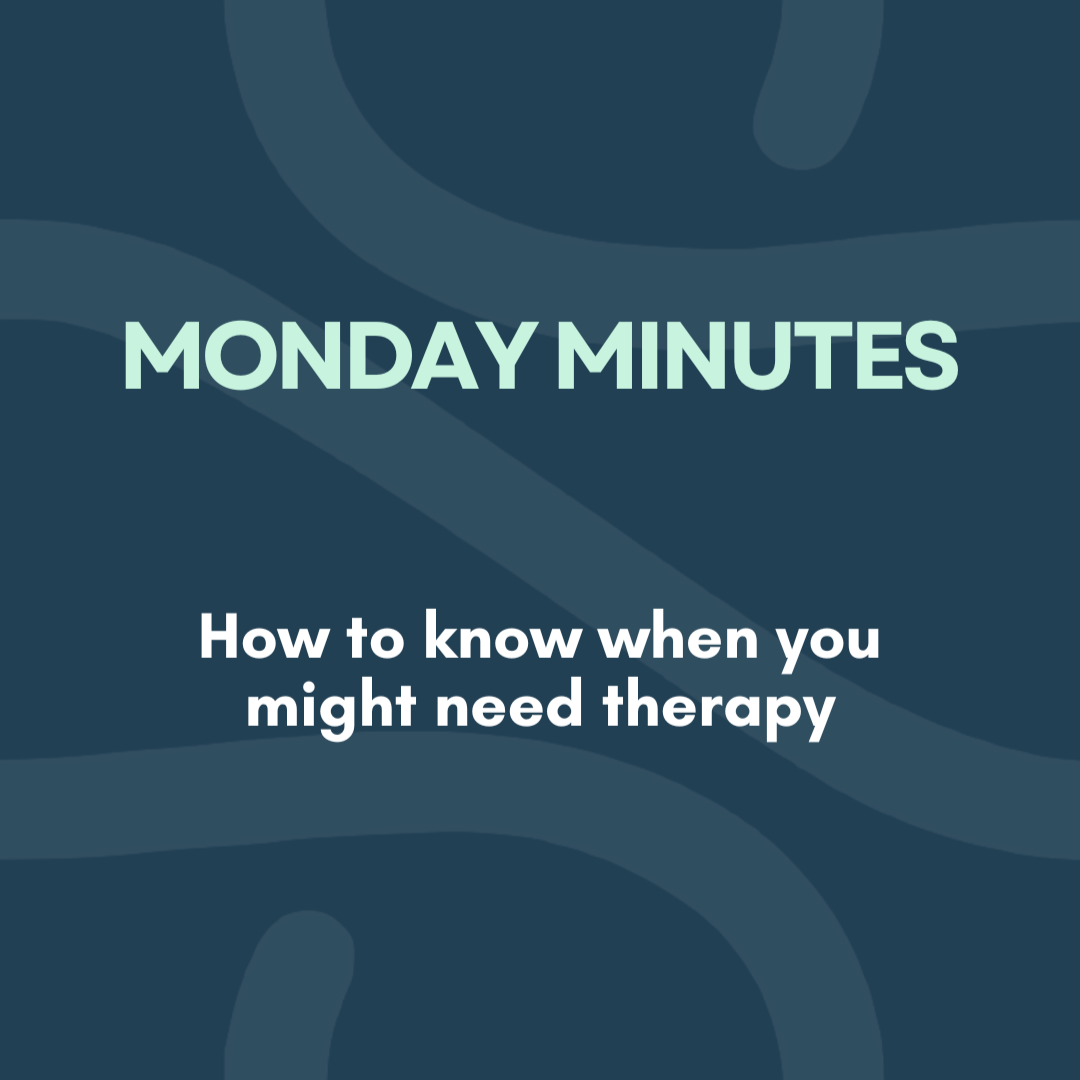
Everyone struggles from time to time, whether it’s stress at work, relationship challenges, or difficult life changes. But how do you know when it...

What’s the difference between stress and anxiety?
Stress and anxiety are two terms that are often confused...
.png)
Therapy offers a space to work through emotional or behavioural challenges with the support of a trained professional - whether that’s a clinical p...
.png)
When looking for mental health support, you might come across terms like psychologist, psychiatrist, and psychotherapist. While all work in mental...

We’re excited to share that Find Care Compare is now available in Wiltshire.

We’re thrilled to announce that Find Care Compare is now live in Dorset!
At Find Care Compare, we believe that access to clear,...
We’re very pleased to announce that Kateryna Abgaryan has joined Find Care Compare as our new Growth Associate.
Kateryna joins u...

We’re thrilled to welcome Marine Lamy as the newest member of the Find Care Compare team. Marine is joining us as a Marketing Assistant, where she’...

We're proud to announce our launch in the Isle of Wight, providing residents with a new and essential tool to find, compare, and access mental heal...

We are delighted to welcome Professor Stephen Scott CBE to Find Care Compare as an advisor. Professor Scott brings a wealth of experience in...

It’s been six months since we launched our MVP, and what a journey it’s been!
When we started, we had no idea just how far...

Since joining TikTok two weeks ago, Find Care Compare has reached over 130,000 views.
Why? Access to information.
&n...

We are excited to share that our platform is now available in Buckinghamshire.
As our mission is to help people and families eas...

We are excited to announce our official launch in West Sussex today. This expansion is part of our ongoing mission to make the process of selecting...

Navigating the healthcare system can feel overwhelming, especially when you’re already facing mental health challenges. Uncertain waiting times, li...

Copyright © Find Care Compare 2026 All rights reserved | Privacy Policy | Cookie Policy | Disclaimer | Terms and Conditions
Like
Dislike
Share
Comments